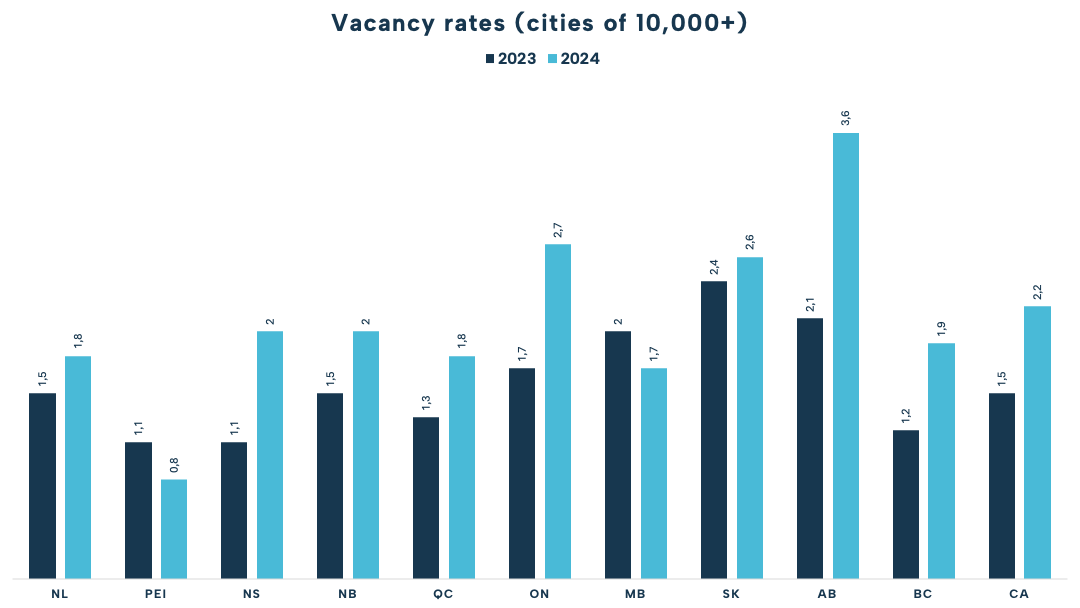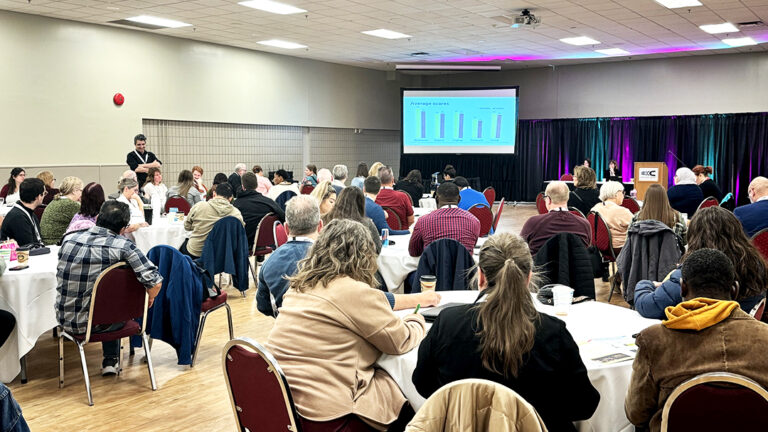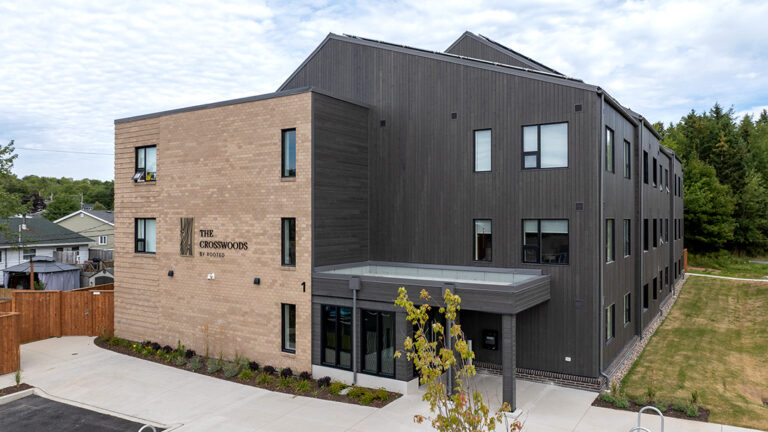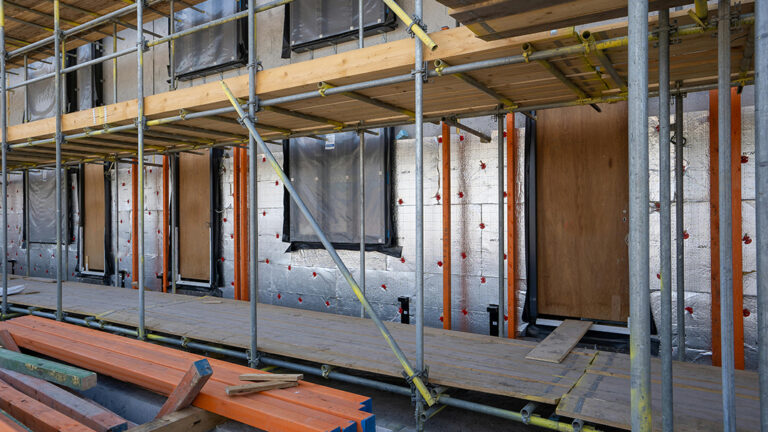Prince Edward Island (PEI), known for its picturesque landscapes and rich cultural heritage, is now making strides with a pilot project aimed at expanding community housing. The province, in partnership with the Centre, is working to meet the growing demand for affordable housing while strengthening the capacity of local organizations.
Affordable housing has become an urgent priority for the province due to demographic pressures and resulting economic challenges. Rapid population growth, combined with insufficient housing development, has created a significant strain on the rental market. The vacancy rate is now below 1%, the lowest in Canada, intensifying competition for available housing.

Affordable housing has become an urgent priority for the province due to demographic pressures and resulting economic challenges. Rapid population growth, combined with insufficient housing development, has created a significant strain on the rental market. The vacancy rate is now below 1%, the lowest in Canada, intensifying competition for available housing.
With a population of about 180,000, PEI is Canada’s smallest province but also its most densely populated. Urban centers like Charlottetown and Summerside concentrate much of the population, and rapid growth continues to put pressure on affordable housing supply. In response, community actors and public authorities are seeking innovative ways to address the rising needs while ensuring the sustainability of affordable housing.
The situation is particularly difficult for low-income households and workers, those who cannot afford market rents exceed social housing income eligibility thresholds. This lower middle-income group faces a critical shortage of affordable options, making this initiative even more crucial. In response to these challenges, PEI continues to explore solutions to protect affordability and expand community housing.
A proactive partnership approach
In response to this complex context, the Government of PEI has launched a pilot project to support three local organizations in expanding their housing portfolios. The goal is to shift from a traditional, project-by-project approach to a more proactive and collaborative partnership model.
Under the project-based approach, organizations must constantly seek funding for each initiative, fragmenting efforts and limiting impact. By contrast, the partnership model fosters ongoing collaboration, where government and organizations plan, finance, and execute projects together over the long term. This dynamic builds trust and improves efficiency in community housing development.
To support this paradigm shift, the pilot project provides not only substantial funding but also strategic support to strengthen the participating organizations’ development and management capacity.
The selected organizations are the Canadian Mental Health Association, King Square Housing Corporation, and the Co-operative Housing Federation of Canada. These key sector actors already have experience in managing community housing, but face challenges related to organizational capacity and growth. Through the partnership model, they receive financial and technical assistance to strengthen their operations and develop new projects.
The pilot project earmarks $10 million in funding for 2024–2025, aiming to create or acquire 120 housing units within one year, a significant investment for a small province, intended to demonstrate the model’s effectiveness for potential future scaling.
Strengthening organizational capacity
Beyond funding, the pilot emphasizes building the capacity of participating organizations. Working with the Centre and Lift Impact Partners, the organizations receive support to assess their management, governance, real estate development, and property management needs. This strategic planning process, which can last 4 to 6 months, is designed not only to structure operations but also to develop a bold growth vision.
Capacity-building efforts go beyond technical or financial aspects and include guidance on governance and management strategies. Partner organizations are encouraged to create clear, realistic growth plans that address the housing needs of vulnerable populations, including low-income working families, people with disabilities, and modest-income workers.
By supporting knowledge sharing and resource pooling among the participating organizations, the pilot also fosters a network of mutual support and the exchange of best practices.
A model for broader application
The community housing expansion initiative in Prince Edward Island could undoubtedly serve as a model for other provinces. By focusing on partnership and strengthening local capacity, the project addresses an urgent housing need while supporting the region’s sustainable economic development.
Over the long term, the goal is to build the resilience of the community housing sector by consolidating organizational capacity and establishing strong foundations for future expansion.
As the project progresses, lessons learned from challenges and successes will enrich best practices and inform future strategies for community housing. This proactive and collaborative approach will contribute to developing locally adapted solutions while inspiring similar initiatives elsewhere in the country. The advancement of the initiative has already been shared in conferences by both the province and the Centre, helping to raise awareness and generate interest across Canada. We will continue to present this model and actively engage with other districts to encourage the development of similar programs that respond to local needs and strengthen the national community housing ecosystem.









